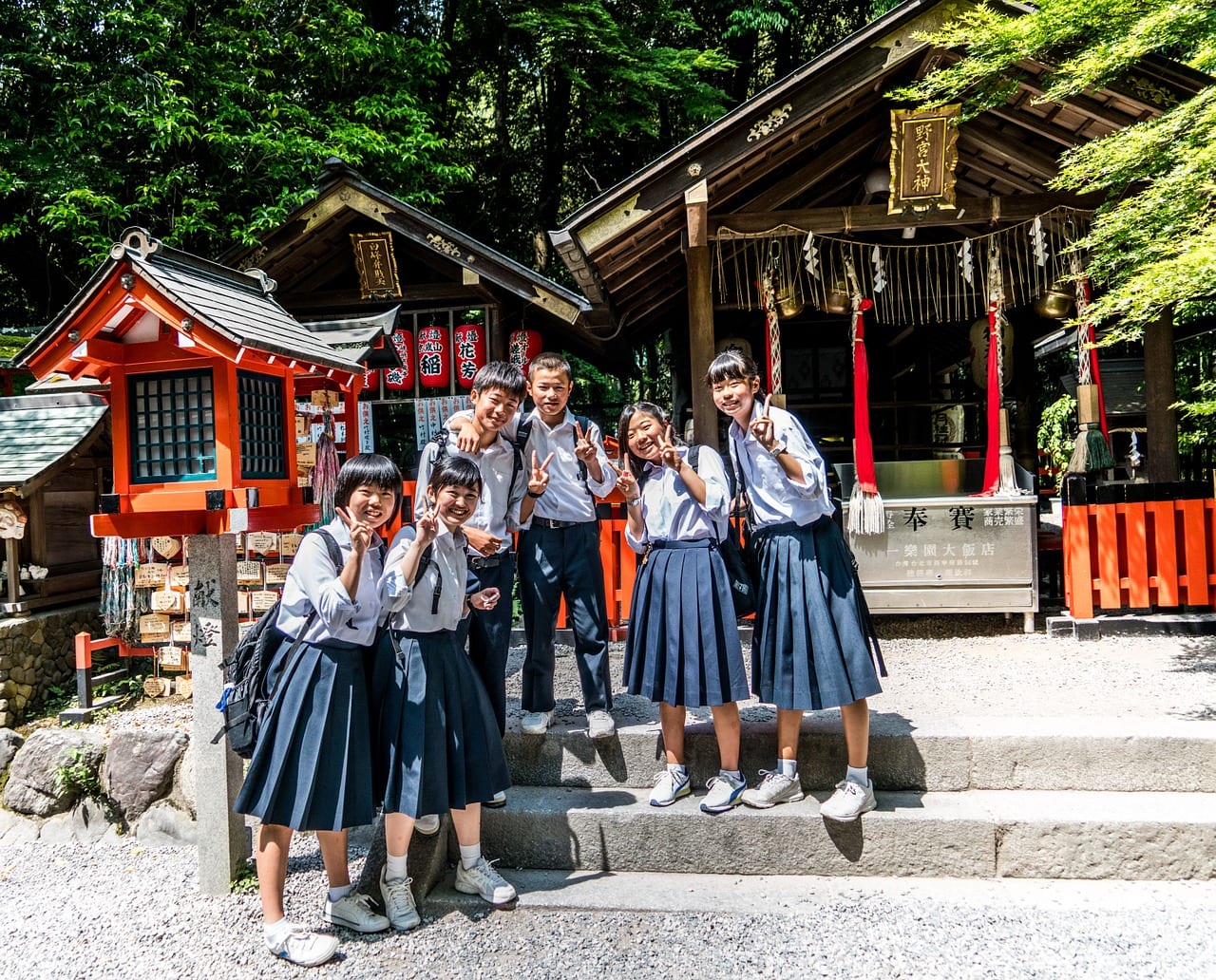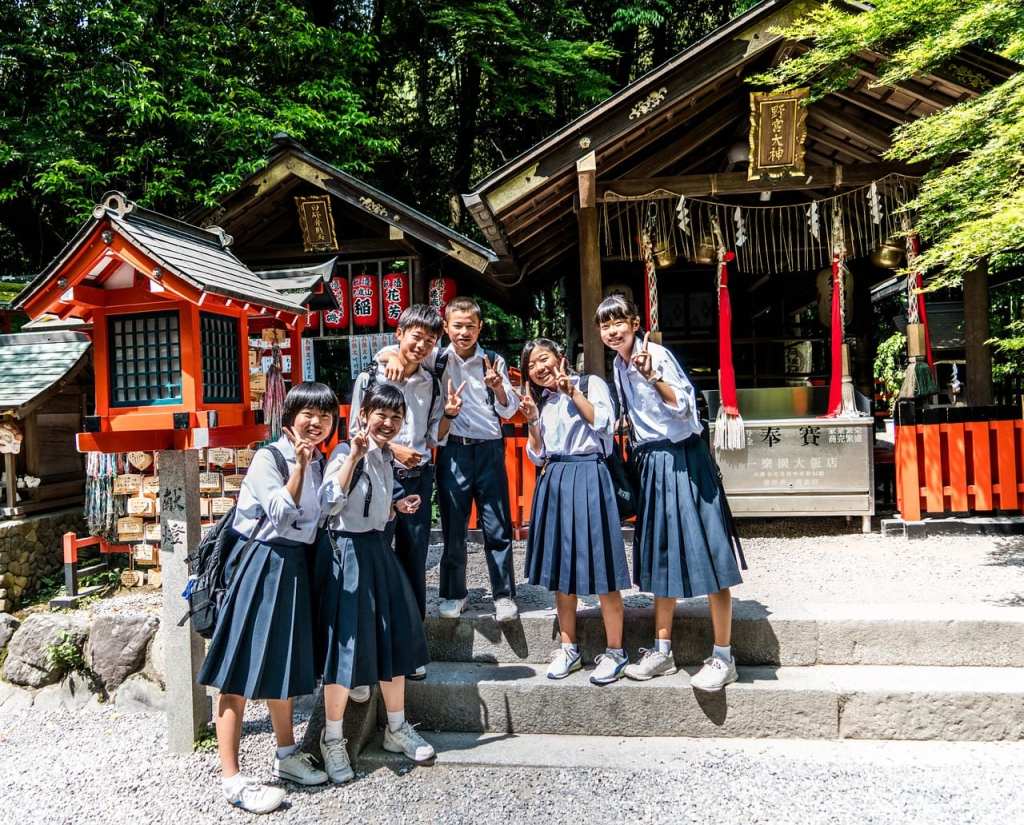It’s not unusual for Japanese people to take responsibility for cleaning public spaces they utilize.

Photo Credit: Needpix
After a recent win over the Colombian football team during the World Cup, the fans naturally wanted to celebrate. But not until they all pitched in to clean the stadium.
This Japanese drive to maintain cleanliness is a concept introduced during their early school years. According to Bright Vibes, the o-soji (cleaning), as it is called, is tradition in Japanese schools.
Making the children clean their schoolrooms and restrooms has nothing to do with lack of manpower. Even though people – called yomushuji, often shortened to shuji – are hired for non-teaching roles like cleaning and maintaining school grounds, children are still taught to clean. The idea is to instill the values of discipline, responsibility and the joint care of spaces into children. It’s a value they go on to hold throughout their lives.
Starting each day (except Wednesdays and Saturdays) after lunch, the students clean for approximately 20 minutes. They start with their own classrooms, then rotate as groups to clean other spaces like the playground, library and common areas. Then, they get recess.
https://twitter.com/JakeSturmer/status/989652631701213184
The school gets a longer cleaning on the last day of each semester. The children also get an o-soji song or something else to get them pumped while they clean. Older kids also help teach the little ones what to do, which bonds the kids like siblings.
Once they reach the third grade, children start participating in chiiki seiso – a full neighborhood clean-up.
If you ask me, this Japanese tradition is onto something. If everyone was taught to clean up after themselves starting in early childhood, the world would be a much cleaner place.
What do you think about the practice? Let us know in the comments.






